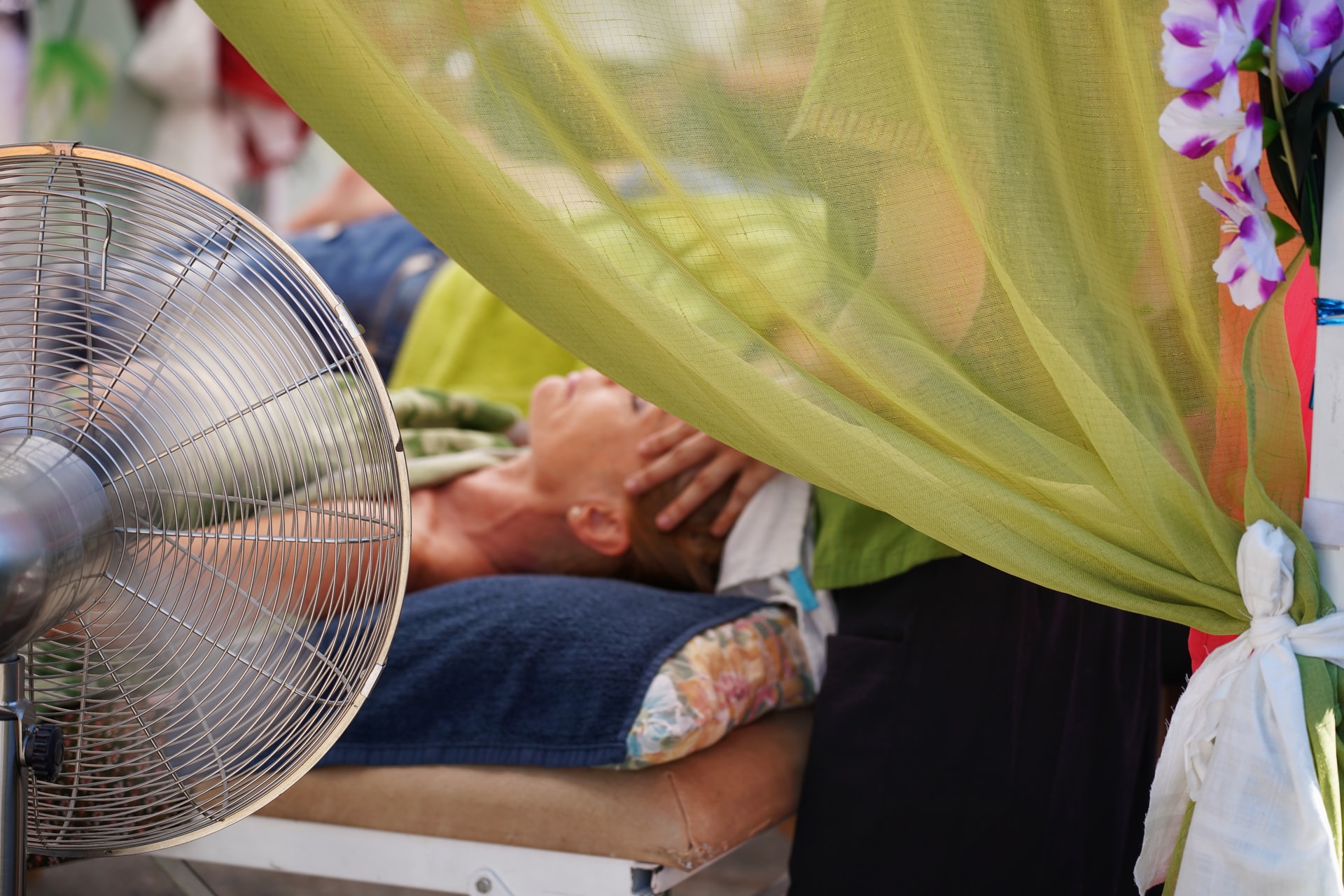Headline
DOH urged to prepare for disease outbreaks during El Niño

“El Nino is a hotbed for epidemics – climate is warmer than usual, and people have less water available,” he said. (File Photo: Robert Eklund/Unsplash)
MANILA – A lawmaker on Monday urged the Department of Health (DOH) to beef up its contingencies to respond to diseases that typically occur during the hot season, such as cholera, chikungunya and Zika virus, warning that the coming El Niño season could be a “hotbed for epidemics”.
Albay Rep. Joey Salceda said tropical diseases can be problematic, citing global studies showing a spike between 2.5 percent to 28 percent in cases during El Niño activities.
“El Nino is a hotbed for epidemics – climate is warmer than usual, and people have less water available,” he said. “El Niño and La Niña can make extreme weather events more likely in certain areas of the country. It could intensify droughts, floods and storms. So, apart from usual damage due to natural disasters, let us also expect diseases related to these hazards.”
Salceda said the government could work on adaptations, such as mandating local government units to clean up and the DOH to do the coordination work and provide close guidance.
“We can anticipate what will happen more or less because the models teach us when, how long, and how bad it can be,” he said.
However, Salceda said the presence of a full-time, dedicated staff for disease control and prevention would help ensure that “this doesn’t get buried in bureaucratic gobbledygook”.
He expressed hope that the Senate approves its version of the Center for Disease Control and Prevention (CDC) bill when the session resumes on May 8.
“The CDC would definitely add institutional muscle to our preparations, especially since El Nino could persist until 2024,” he added.
With the Senate version being certified as urgent, the lawmaker is expecting the bill to be ready for President Ferdinand Marcos Jr.’s signature before he makes his second State of the Nation Address.
The Research Institute for Tropical Medicine, under the proposal, he said will “be part of a broader ecosystem of disease prevention so it will no longer operate in a vacuum.”
He said both the Senate and the approved House versions are focused on “emerging or re-emerging infectious diseases”, although the House version is more explicit about measures for rapid detection of such diseases instead of a lack of institutional focus by covering all diseases.
“The special powers are also broader and more relevant. So, I think both the Senate and House versions already make the cut as far as health emergency response is concerned,” he added.



























